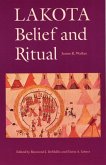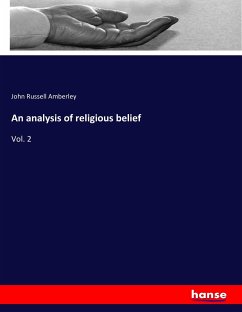Until recently, the idea of an afterlife was one of the constants of human thought. Even prehistoric sites contain graves in which one finds utensils, weapons, and other artifacts indicating some sort of belief in a continuation of life beyond the dissolution of the physical body. The notion of the continuity of human life is a stubborn belief. While the authority of traditional religion may no longer be enough to assure us of life after death, this belief has been resurrected in terms of scientific investigation into such phenomena as Near-Death Experiences, Past-Life Therapy. The present work is a survey of the afterlife beliefs of humankind. It consists of a series of short chapters on conceptions of life after death in the major world religions and culture areas, in the principal literate cultures of the ancient world, and in certain contemporary developments. This slim volume could serve as a useful supplementary textbook in religious studies courses, or as a concise reference book on afterlife beliefs for a more general readership.







